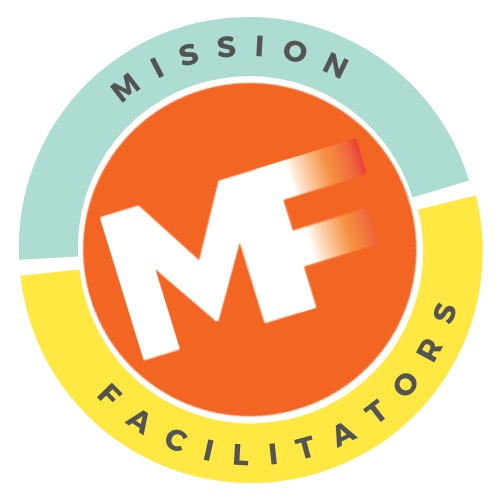The first question I was asked during my first day of college was “what’s your major?” I thought the purpose of college was to explore ideas not limit options. I was given a college advisor who got the unenviable assignment of dealing with us misfits he labeled “undecided”. The pressure to specialize extends into business as well. We get trained and hired to be electricians, teachers, nurses and restaurant managers. Being a specialist gets the job. But growing a career requires a diverse set of skills and attitudes.
Jeff is a cardiologist and an emerging leader in a local hospital. He’s been successful, treating patients and doing research. Now the organization he works for sees him as a future leader. But a 360-degree assessment reveals Jeff is weak in communication, setting a vision and collaborating and engaging with peers. As Marshall Goldsmith, a noted Harvard Business Review author and executive coach has said, what made you successful in the past will not be what makes you successful as a leader in the future.
Jeff is not alone. Mike Lombardo and Bob Eichinger say in the book FYI: Learning Agility “Less than 30% of an organization’s high performers have the potential to rise to and succeed in broader senior-level, critical positions.” So what does Jeff do? How does he abandon being the expert and take on unfamiliar roles of collaborator, communicator, and networker?
Know thyself. According to a 2010 Cornell University study, self-awareness was found to be the #1 predictor of executive success. For Jeff, that means developing the ability and willingness to learn from experience, and subsequently, apply that learning to new situations.
Expand the network. Jeff spent so many years focused on his clinical and research work his world now only consists of other cardiologists. He needs to know the needs and concerns of others outside his specialty and expand his network to areas he’s not the expert, and by so doing, risk looking vulnerable.
Think Medici. The wealthy Medici family in Italy fueled the outpouring of knowledge, culture, and ideas that flourished during the Renaissance. Financial support was a big contributing factor, but so was the intersection of artisans: Painters learned new techniques from their interactions with sculptors; musicians came up with new ideas by learning from actors. Jeff will gain new insights by his interaction and by learning from pediatricians and ophthalmologists, as well as marketers and finance managers. Learning from outside our industry or specialty increases the possibility for innovation and opportunities.
Market Me, Inc.. Jeff thinks his work will speak for itself. But what he doesn’t realize is everyone is too busy for them to fully understand and appreciate all the great things Jeff has done. He may wait a long time before someone taps him on his shoulder to indicate he’s been promoted. Instead, Jeff should send updates to leadership, actively pursue opportunities and initiate new projects. Jeff needs to devote 5% of this time as the PR Agency for Jeff, Inc.

